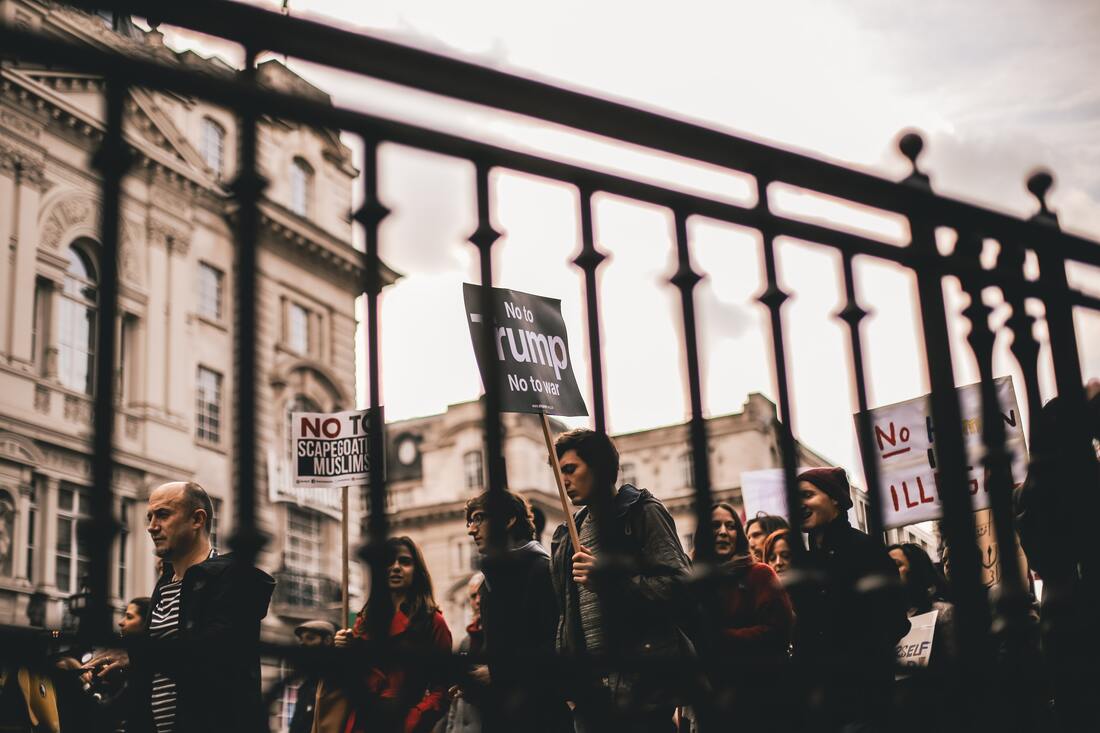Wind of Change?
|
Collective Emotions and Protest Vote(with A. Altomonte and G. Gennaro)
CESifo Working Paper No. 7463, 2019
We leverage on important findings in social psychology to build a behavioral theory of protest vote. An individual develops a feeling of resentment if she loses income over time while richer people do not, or if she does not gain as others do, i.e. when her relative deprivation increases. In line with the Intergroup Emotions Theory, this feeling is amplified if the individual identifies with a community experiencing the same feeling. Such a negative collective emotion, which we define as aggrievement, fuels the desire to take revenge against traditional parties and the richer elite, a common trait of populist rhetoric. The theory predicts higher support for the protest party when individuals identify more strongly with their local community and when a higher share of community members are aggrieved. We test this theory using longitudinal data on British households and exploiting the emergence of the UK Independence Party (UKIP) in Great Britain in the 2010 and 2015 national elections. Empirical findings robustly support theoretical predictions. The psychological mechanism postulated by our theory survives the controls for alternative non-behavioral mechanisms (e.g. information sharing or political activism in local communities).
|
To ge other working papers please:

